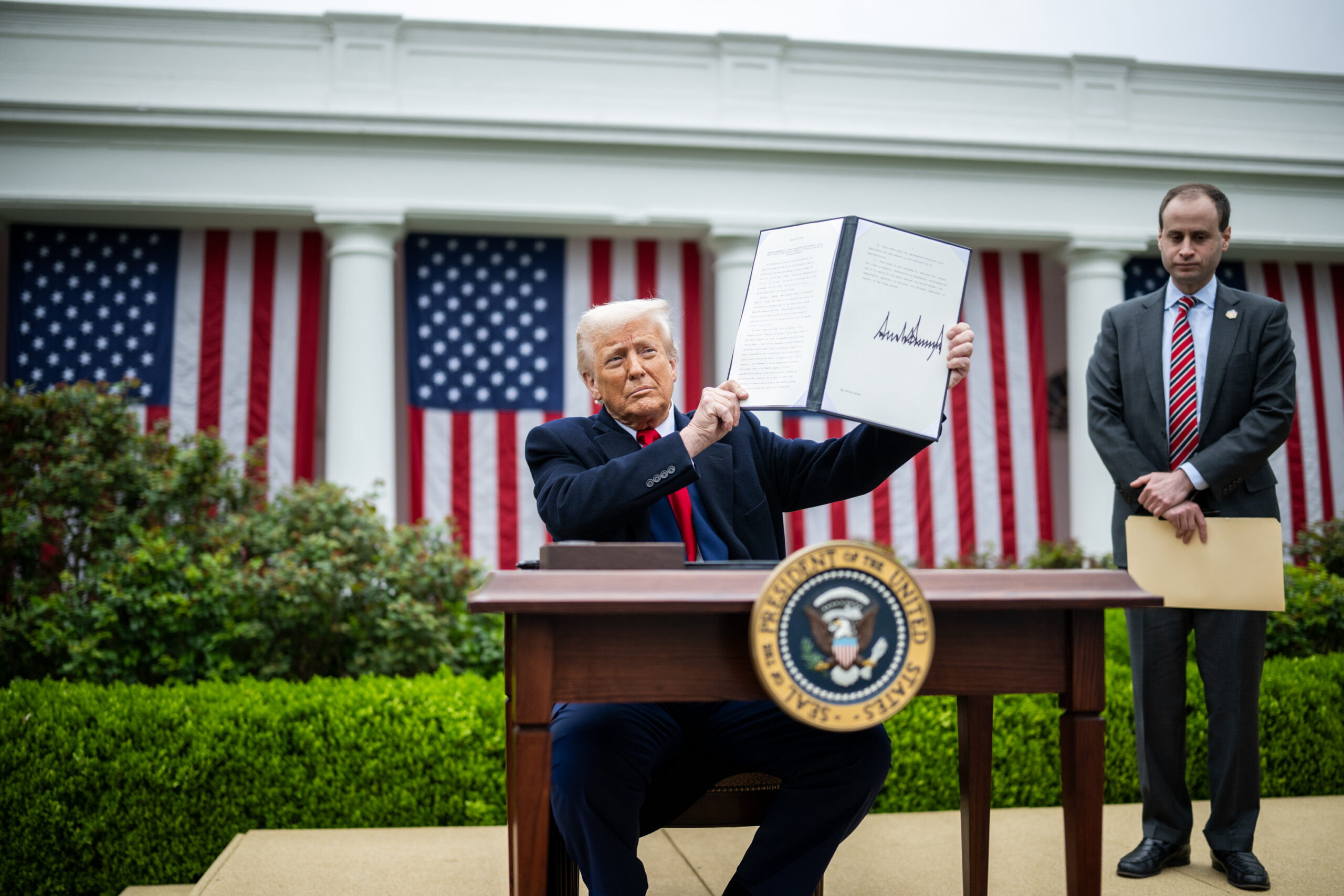US Criticizes Nigeria's Import Bans and Considers Action on Trump's Tariffs

Tensions are escalating between the United States and Nigeria as the U.S. government voices strong concerns over Nigeria's import ban on 25 different product categories. According to a statement by the United States Trade Representative (USTR), these restrictions significantly impact U.S. exporters, particularly those in agriculture, pharmaceuticals, beverages, and consumer goods. The USTR highlighted that items like beef, pork, poultry, fruit juices, medicaments, and spirits face limited market access, curtailing export opportunities for American businesses.
The USTR's statement, posted on X, emphasizes that these policies create substantial trade barriers, leading to lost revenue for U.S. companies aiming to expand within the Nigerian market. This criticism comes amid rising tensions over sweeping tariffs imposed by the Trump administration on various countries, including a 14% tariff on Nigerian exports to the United States.
Nigeria's economy has already felt the impact of these global trade dynamics. Recent reports indicate that Nigerian stocks experienced their most significant drop in recent times following President Trump's tariffs. The Nigerian Exchange’s All Share Index (ASI) decreased by 1.23 percent, resulting in investors losing approximately N659 billion. Stocks of companies like Oando and Honeywell Flour Mills were particularly affected, contributing to the market's downturn.
In response to these challenges, the Nigerian government is exploring strategies to mitigate the adverse effects of the imposed tariffs. Minister of Finance, Wale Edun, stated that the Federal Government plans to boost non-revenue sources to cushion the impact. The Economic Management Team (EMT) is set to assess the likely consequences of the 14% tariff on Nigerian exports to the U.S. and formulate recommendations to safeguard the nation’s economy. Efforts to ramp up oil production and enhance non-oil revenues are also underway.
The USTR has listed Nigeria among ten countries with “unfair trade practices,” citing various bans on U.S. exports. Other nations scrutinized include India, Thailand, Kenya, Angola, Algeria, and the European Union. These restrictions are said to cost U.S. businesses billions in lost revenue. India faces criticism for banning U.S. ethanol imports, while Kenya’s 50% tariff on American corn and the EU’s new environmental regulations are flagged as measures disadvantaging American producers.
Angola's plan to restrict import licenses for poultry and meat products starting in July 2025 has also drawn Washington’s ire. The USTR noted that Angola is currently the largest African market for U.S. poultry, with exports valued at $136 million in 2024. The agency warns that these new trade restrictions could significantly impact American farmers and ranchers.
Amid these developments, concerns are growing about the potential for further escalation. President Trump has threatened new tariffs of 50 percent on China, intensifying an already tense trade war that has rattled global markets. The U.S. Chamber of Commerce is reportedly considering legal action against the Trump administration to block the implementation of new import tariffs.











